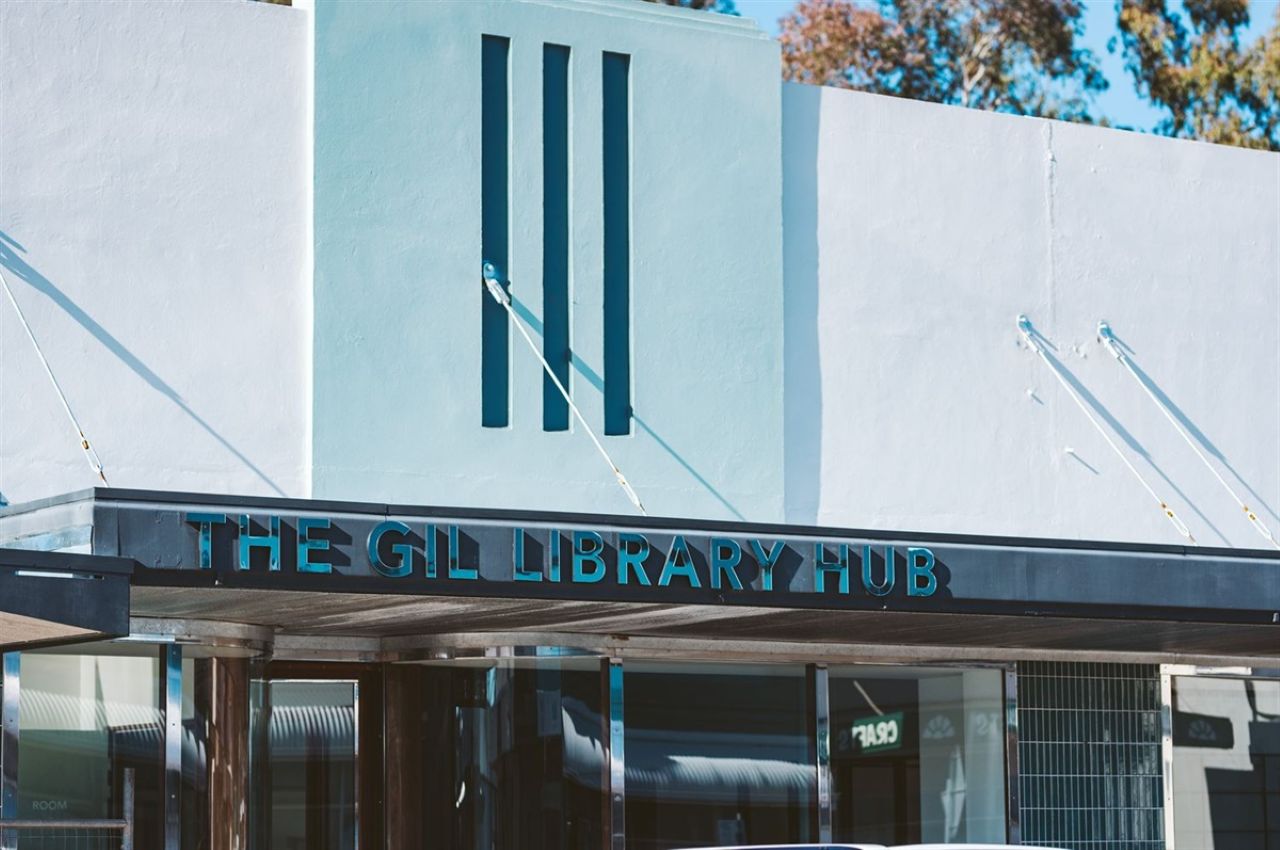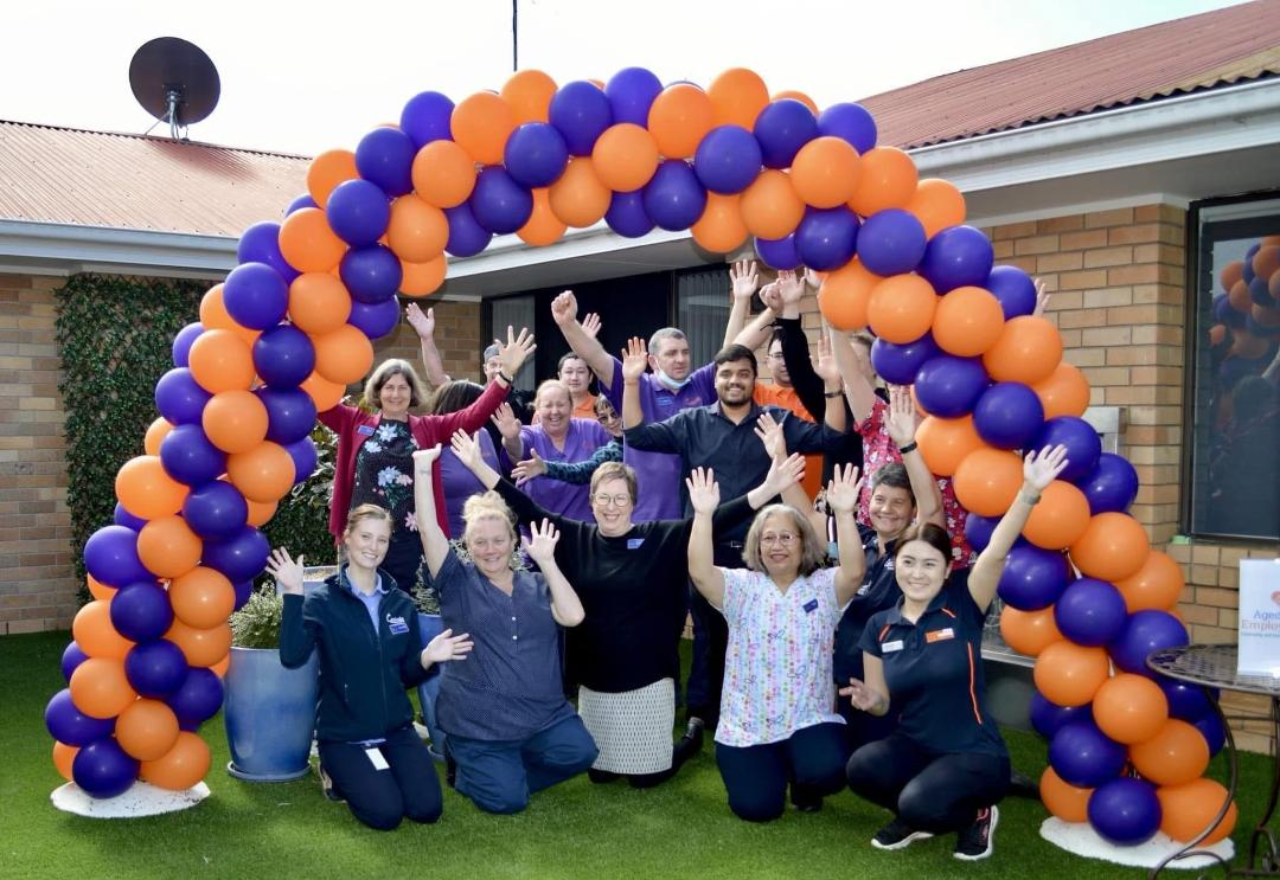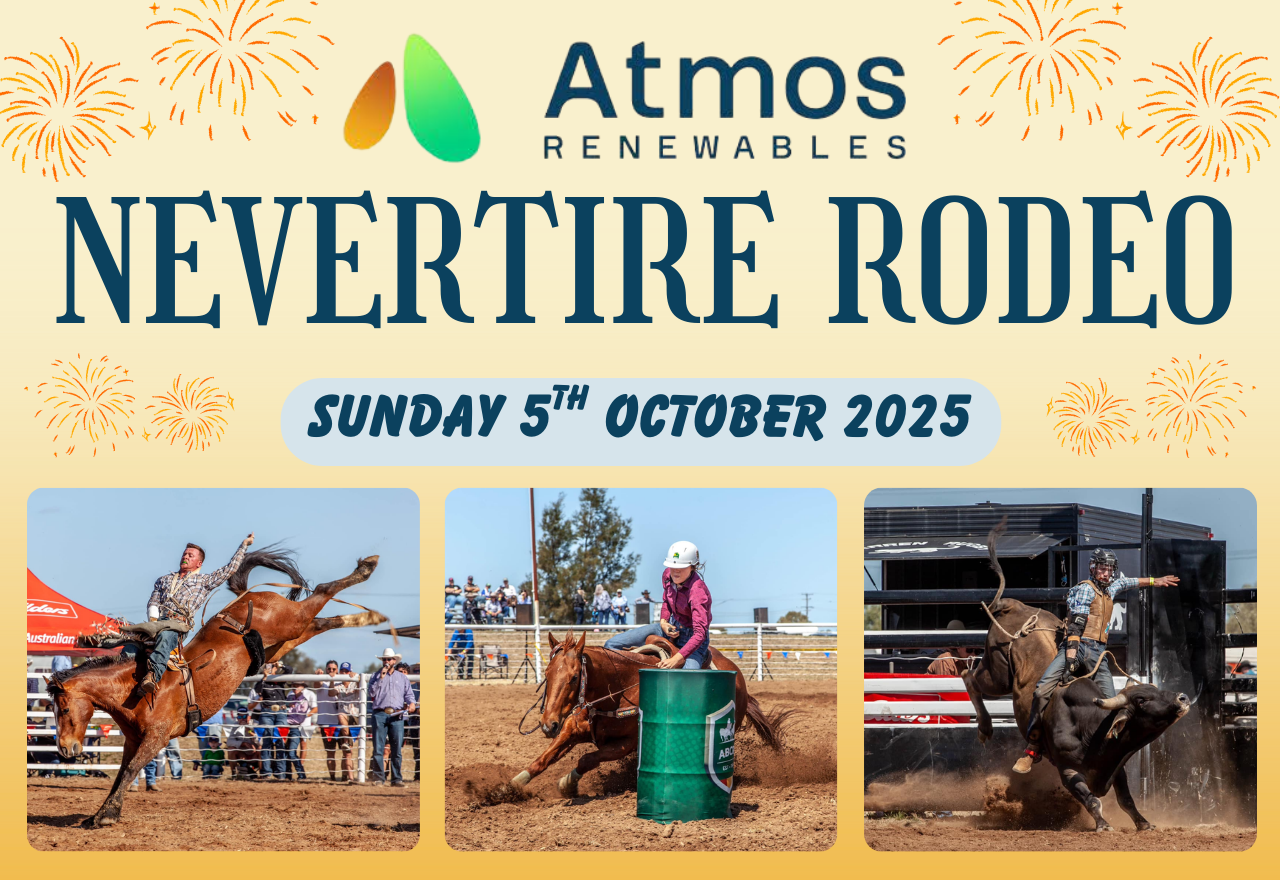Red tape slashed for mobile vendors
Kristin Murdock
01 October 2025, 3:40 AM
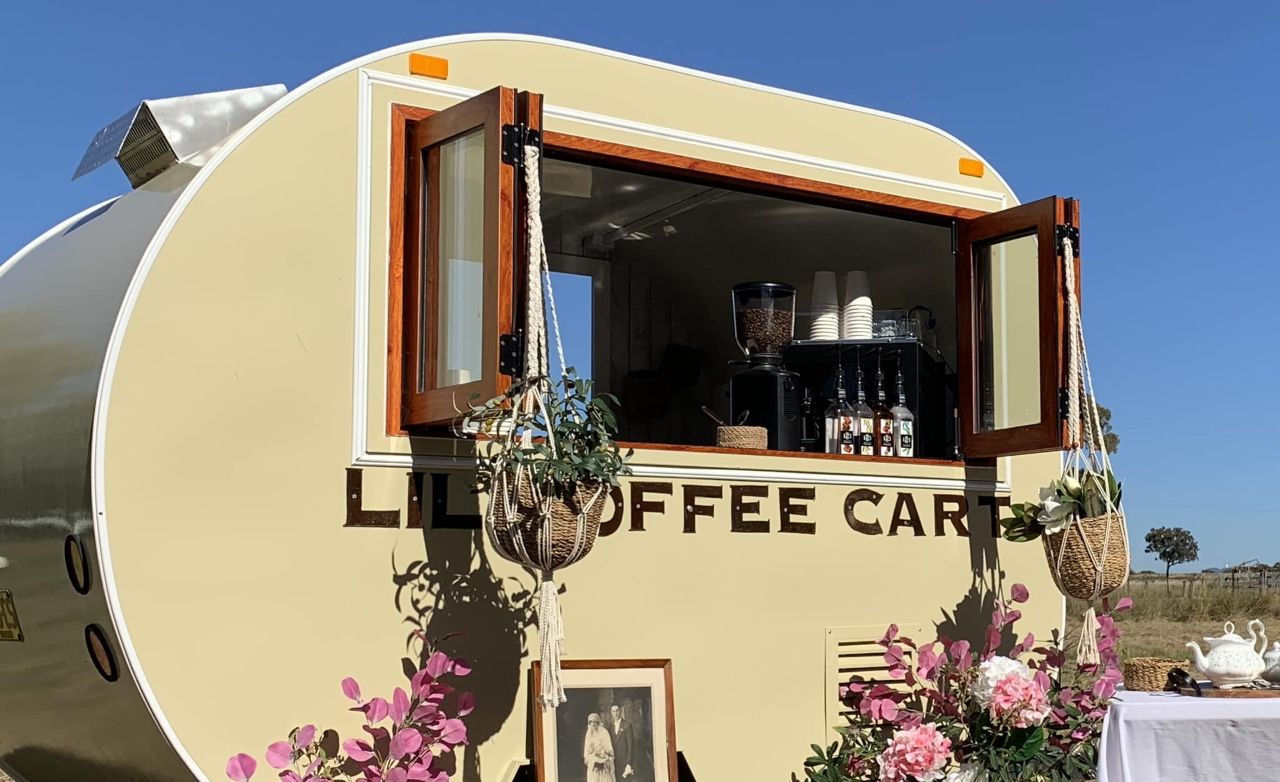 Things just got easier for mobile businesses like Lil' Coffee Cart from Coonabarabran.
Things just got easier for mobile businesses like Lil' Coffee Cart from Coonabarabran.Food trucks, market stalls, buskers and mobile fitness trainers will soon find it easier to work across council lines, with the NSW Government introducing a Mutual Recognition Scheme that lets councils recognise each other’s approvals for mobile businesses.
Under the change, a trader who already holds approval to operate in one local government area can request recognition of that approval in other LGAs, instead of lodging fresh applications and paying new fees each time.
Councils can still set local conditions such as hours, noise and waste requirements, and retain discretion not to recognise an approval, but the state is urging take-up to reduce duplication and help operators respond to demand where it exists.
“Mobile businesses should be mobile, not stuck in unnecessary red tape that stops them moving across imaginary lines,” Minister for Music and the Night-time Economy John Graham said.
“This is another classic example of unnecessary rules getting in the way of fun and economic activity.
"Mutual Recognition is about allowing them to do that without burying them in admin.”
He added that councils are key partners in the state’s vibrancy agenda, and the reform also eases their paperwork burden.
Local Government Minister Ron Hoenig said the scheme was designed with councils to be flexible and practical.
“We should be doing what we can to encourage [activation of public spaces] and that’s why the government has introduced the Mutual Recognition Scheme,” he said.
“For mobile businesses it means fewer hoops to jump through with council approvals.
"For councils, it means less paperwork with the added benefit of making it easier to run events and activate public spaces.
"The scheme has been designed in close consultation with councils to be flexible and adaptive to local needs.”
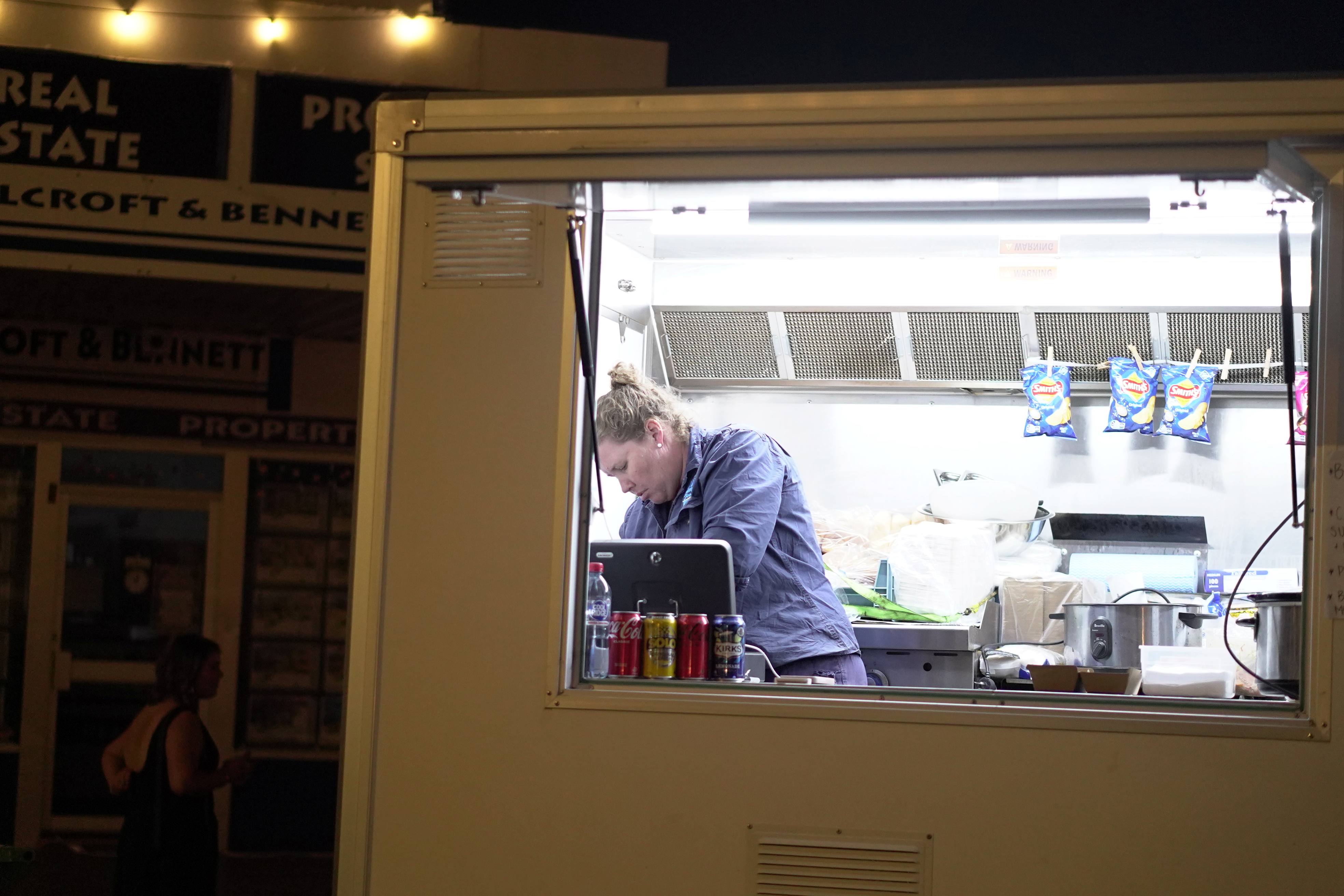
Dubbo Street Food Cart at a Coonamble street festival earlier this year.
For on-the-ground operators, the impact will vary depending on the work they do.
Jodi Cormie, owner-operator of Lil’ Coffee Cart in Coonabarabran, said most of her business is private bookings rather than trading on public land, so council approvals haven’t been central to her model.
“I mostly do private events and I also pay a site fee,” she said.
“I’m on a very small scale.”
Event organisers, she added, typically look for insurance and food-safety credentials.
“As long as you’ve got your insurance and correct food-safety certificates, things are pretty straight forward,” she said.
The government says the Mutual Recognition Scheme responds to recent recommendations from the NSW Productivity and Equality Commissioner to strip out duplicated processes that slow the 24-hour economy.
It also builds on a suite of “vibrancy” measures already underway, including support for Special Entertainment Precincts, ending single serial noise complaints, extending trading hours for venues hosting live entertainment, reducing red tape around outdoor spaces, scrapping the five kilometre club sign-in rule and rolling out $14.9 million in Uptown Grants to support entertainment hubs.
The “five-kilometre club sign-in rule” was a provision under the Registered Clubs Act that stopped people who lived within five kilometres of a registered club from signing in as temporary members.
Locals generally had to join the club (or enter under limited exceptions like being a guest at a function), while people living outside the five kilometre radius could sign in as temporary members.
The NSW Government scrapped the rule in September 2024 so locals can now sign in like anyone else, part of wider “vibrancy” reforms
What changes for traders?
If you hold a current approval to trade on public land in one council area, you’ll be able to apply to have it recognised in another, rather than starting over.
You may still need to meet site-specific conditions, but your core paperwork should only be submitted once.
Operators who primarily work on private land or events, like Lil’ Coffee Cart, may notice less day-to-day change, but councils and event organisers assembling line-ups across multiple locations could find it faster and simpler to bring in a diverse mix of vendors.
The state will publish guidance for councils and businesses outlining how recognition requests will be processed and what evidence is required.
